Publications
Articles, publications, books, tools and multimedia features from the U.S. Institute of Peace provide the latest news, analysis, research findings, practitioner guides and reports, all related to the conflict zones and issues that are at the center of the Institute’s work to prevent and reduce violent conflict.
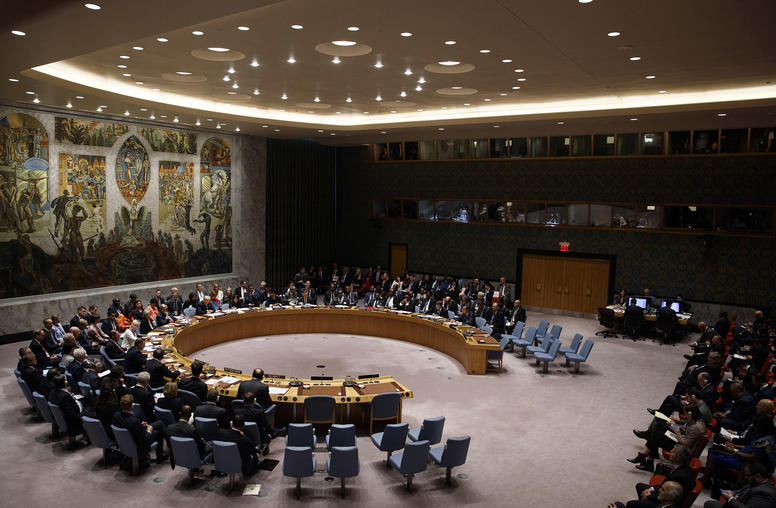
Is the International Community Missing an Opportunity To Advance Peace?
On March 23, U.N. Secretary-General António Guterres appealed for a global cease-fire to combat the COVID-19 pandemic. Yet over eight weeks later, the Security Council has not been able to muster consensus on a resolution to support even a humanitarian, time-limited cease-fire, despite early and repeated warnings about the potential devastation that the virus will bring to conflict zones.
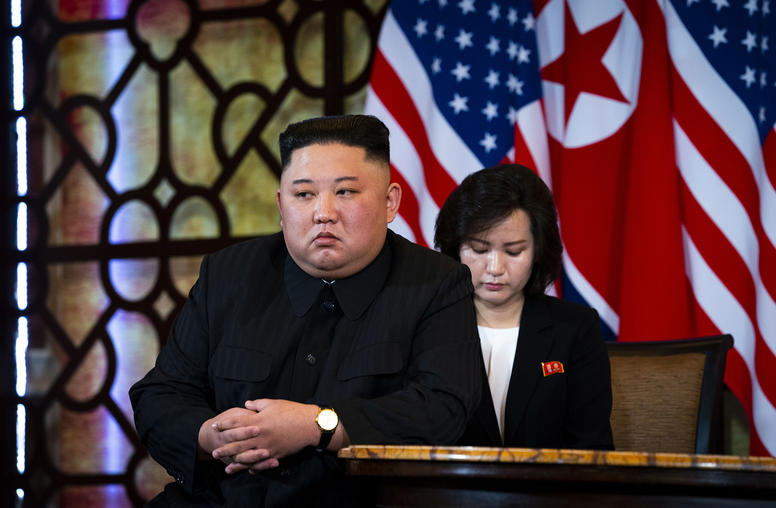
Could U.S.-North Korea Talks Resume in 2020?
The coronavirus pandemic has put many U.S. foreign policy priorities on the back burner, including the North Korea dilemma. But this longstanding problem continues to deepen regardless of COVID-19’s trajectory. In March, Pyongyang conducted five short-range ballistic missile and rocket launches. In addition, North Korea is expanding existing rocket launch facilities and building new ones. The unexplained disappearance of North Korean leader Kim Jong Un in April led to much speculation about the future of the North Korean regime. Meanwhile, the U.S. presidential elections looms large over North Korea’s calculations. What’s in store for the rest of the year?
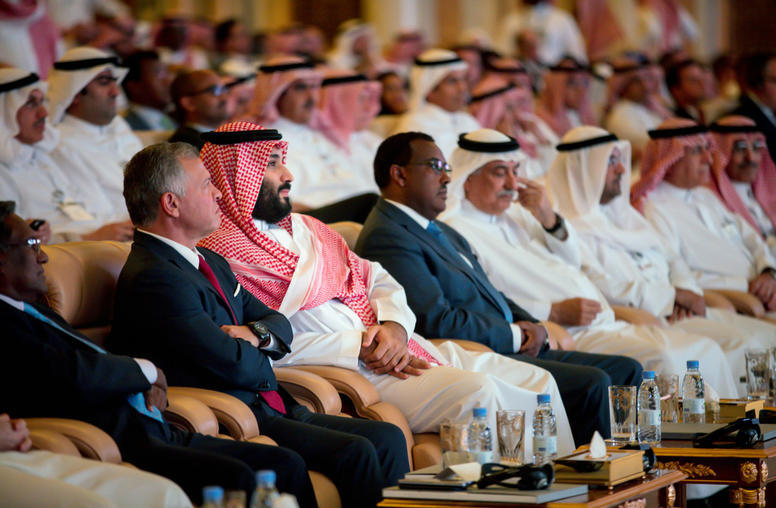
Jordan Sees Danger in Trump’s Middle East ‘Vision’
The Hashemite Kingdom of Jordan has long been a cornerstone of Middle East stability, wielding significant political and strategic influence in the region. As a small country with a weak economy bordered by Syria, Iraq, Saudi Arabia, Israel, and the occupied Palestinian territories, adroit diplomacy is one of its key national resources. Now, Jordan faces a fresh diplomatic challenge: the potential impact of President Trump’s plan for the Israeli-Palestinian conflict on its strategic interests and very future. In the months ahead, Jordan—a crucial partner to the U.S., Israel, and the Palestinians—faces a critical juncture in its relations with both the U.S. and Israel coupled with unprecedented internal challenges.
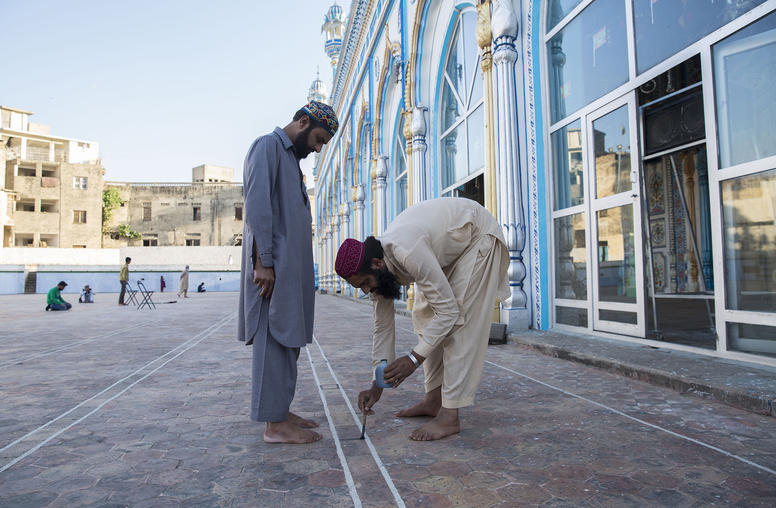
Pakistan’s Battle with Coronavirus Reveals Governance Challenges
While governments around the world are anxious to emerge from their pandemic lockdowns for the sake of their economies, the pressure to do so is more acute in countries like Pakistan where there were already high levels of poverty and a significant part of the population is engaged in the informal economy.
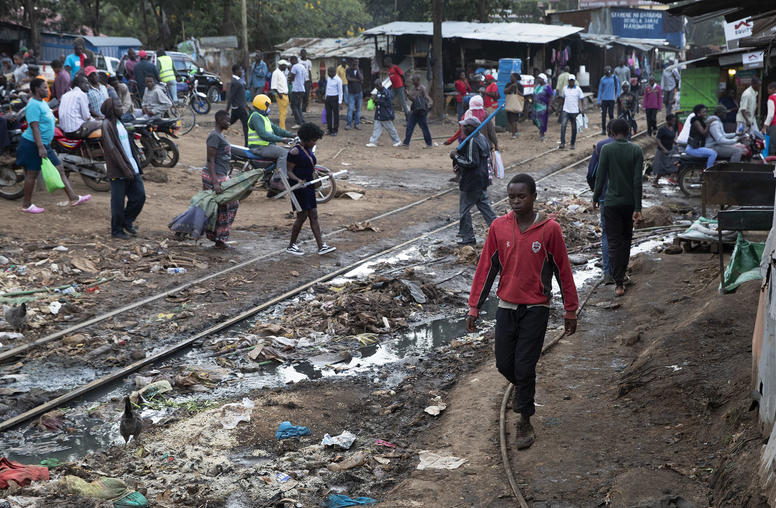
Diplomacy, Development and Defense Officials Pledge To Advance U.S. Fragility Strategy
The United States is committed to advancing the Global Fragility Act (GFA) as part of its global response to the coronavirus pandemic, senior State Department, USAID and Department of Defense officials said on Wednesday at a virtual gathering of development and peacebuilding organizations and experts convened by the U.S. Institute of Peace to facilitate discussions on how to implement the legislation.
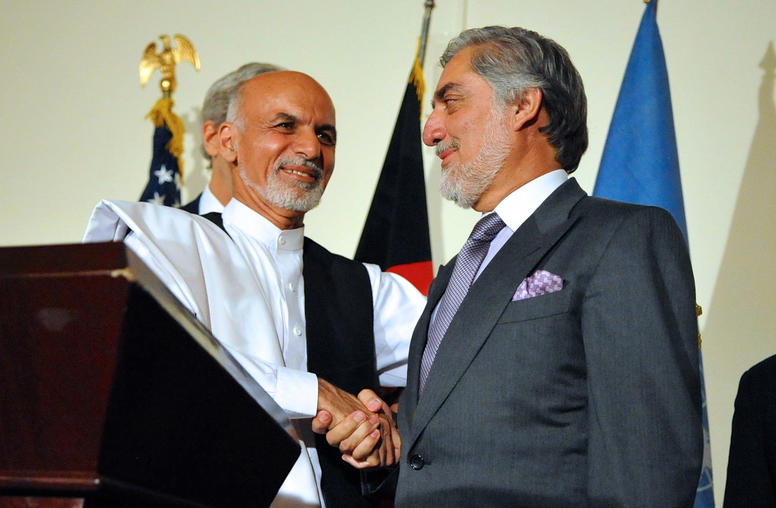
Rival Afghan Leaders Agree to Share Power—Now Comes the Hard Part
Last weekend, Afghan President Ashraf Ghani and rival Abdullah Abdullah signed a power-sharing deal to end a months-long dispute over the 2019 presidential election. The deal comes amid a spate of high-profile violence, including a recent attack on a Kabul maternity ward by suspected ISIS perpetrators. Meanwhile, the Afghan peace process has stalled since the U.S.-Taliban deal signed at the end of February. The power-sharing agreement could address one of the key challenges to getting that process back on track. USIP’s Scott Worden and Johnny Walsh look at what the agreement entails and what it means for the peace process.
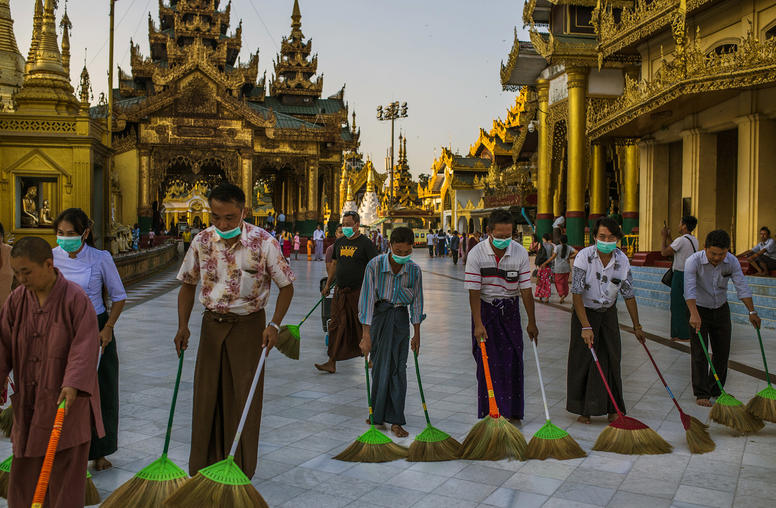
The Coronavirus Challenges Myanmar’s Transition
Like other nations dealing with armed conflicts, Myanmar faces destabilizing risks from the COVID pandemic. The country’s young democratic transition depends on a general election expected in November, yet the government and civil society are overburdened with the struggle against the coronavirus. Meanwhile, signs are growing that the army is using the COVID emergency to strengthen its influence over government and society. Preparing a fair, inclusive election amid this crisis poses the toughest test in years for Myanmar’s democratic transition—and the process must begin in earnest now.
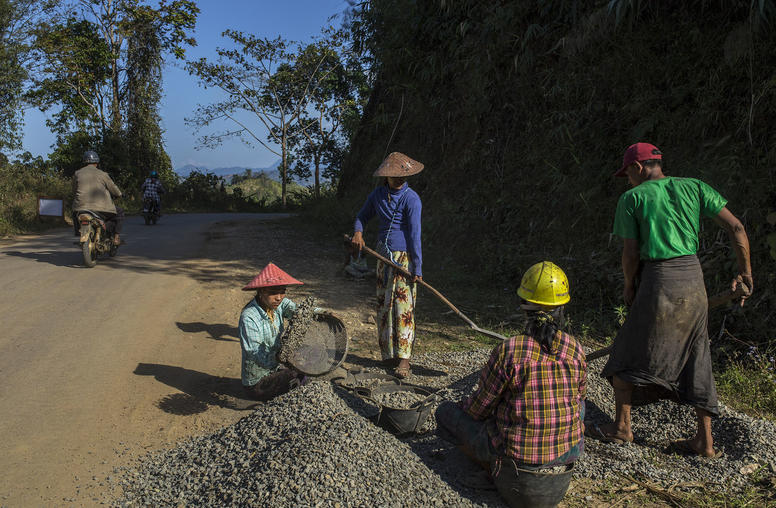
China Using Pandemic Aid to Push Myanmar Economic Corridor
From almost the moment Myanmar detected its first case of COVID-19 on March 23, China jumped to aid its neighbor to the south. China’s army, navy, and government agencies, as well as companies, showered nearly every level of Myanmar’s government and military with health assistance. The question for Myanmar civil society groups was whether the help came with strings attached. On May 21, they got their answer: After a phone call between Chinese leader Xi Jinping and Myanmar’s President U Win Myint about COVID-19 response and Chinese assistance, Xi moved to a second agenda item—the implementation of 33 cooperative economic agreements signed during his historic visit to Myanmar in January. Of particular concern: co-construction of the multi-billion-dollar China-Myanmar Economic Corridor.
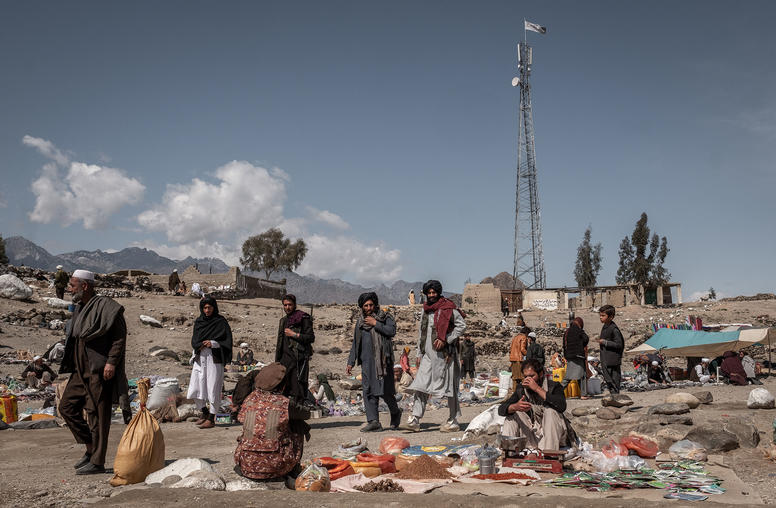
Is the Afghan Peace Process Back on Track?
A three-day cease-fire between the Taliban and Afghan government over Eid al-Fitr expired on Tuesday. This was only the second such cessation of hostilities in the nearly two-decade war. And just two weeks ago, President Ashraf Ghani and his rival, Abdullah Abdullah, agreed to share power after a monthslong dispute over the 2019 presidential election. These developments have injected renewed hope that a political solution, negotiated among Afghans, is still possible. USIP’s Scott Smith looks it all means for the peace process, when we can expect the vital intra-Afghan negotiations to begin, and what, if any, impact COVID-19 has had on peace.
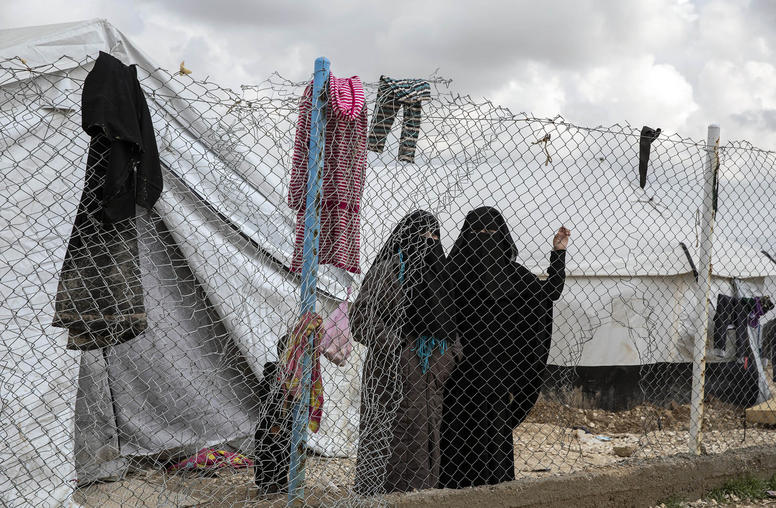
Coronavirus and ISIS: The Challenge of Repatriation from Al-Hol
It was just over a year ago, in March of 2019, that the United States and coalition forces declared the territorial defeat of ISIS following the fall of its last stronghold in Baghouz, Syria. Male fighters over 15 were placed in Kurdish run detention centers throughout northeast Syria, while tens of thousands of women and children who were living among the terrorist organization streamed into the al-Hol camp, giving rise to an unprecedented mix of humanitarian and security challenges. If left unaddressed, the camp could easily serve as the breeding ground for the next generation of ISIS, which is already beginning to reemerge in parts of Syria and Iraq.